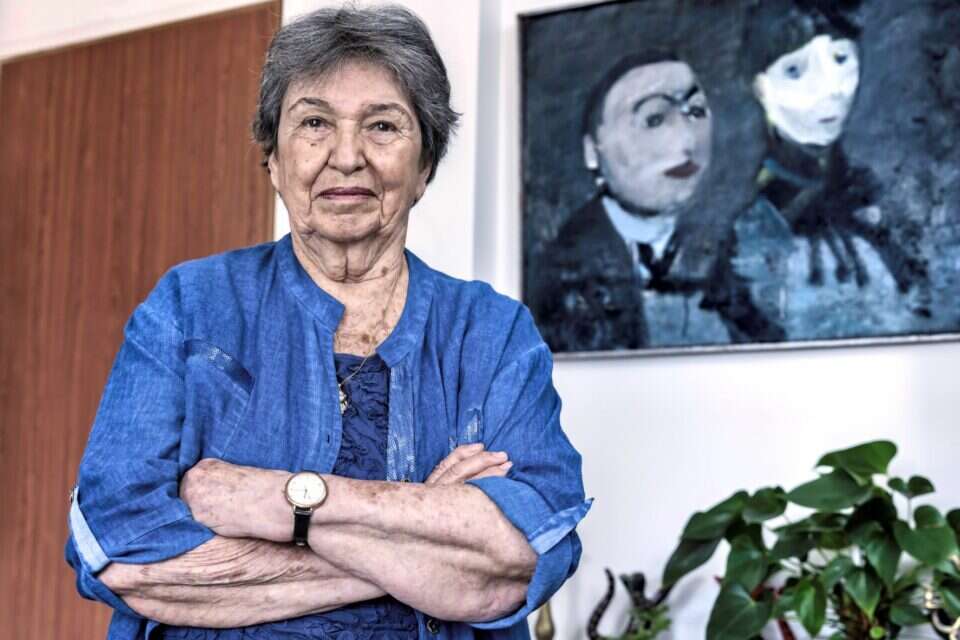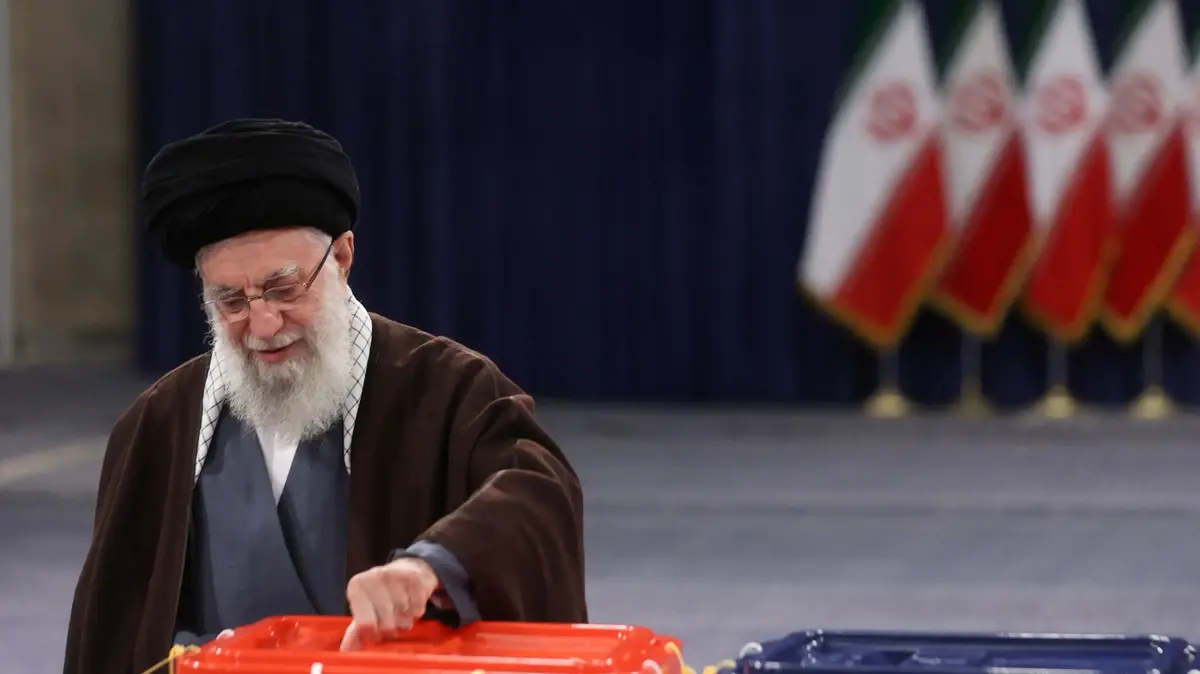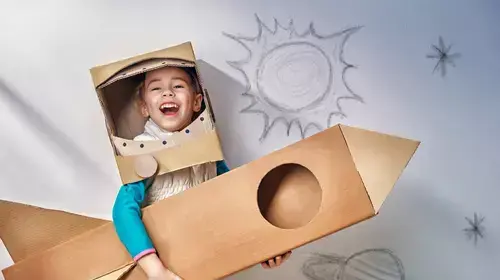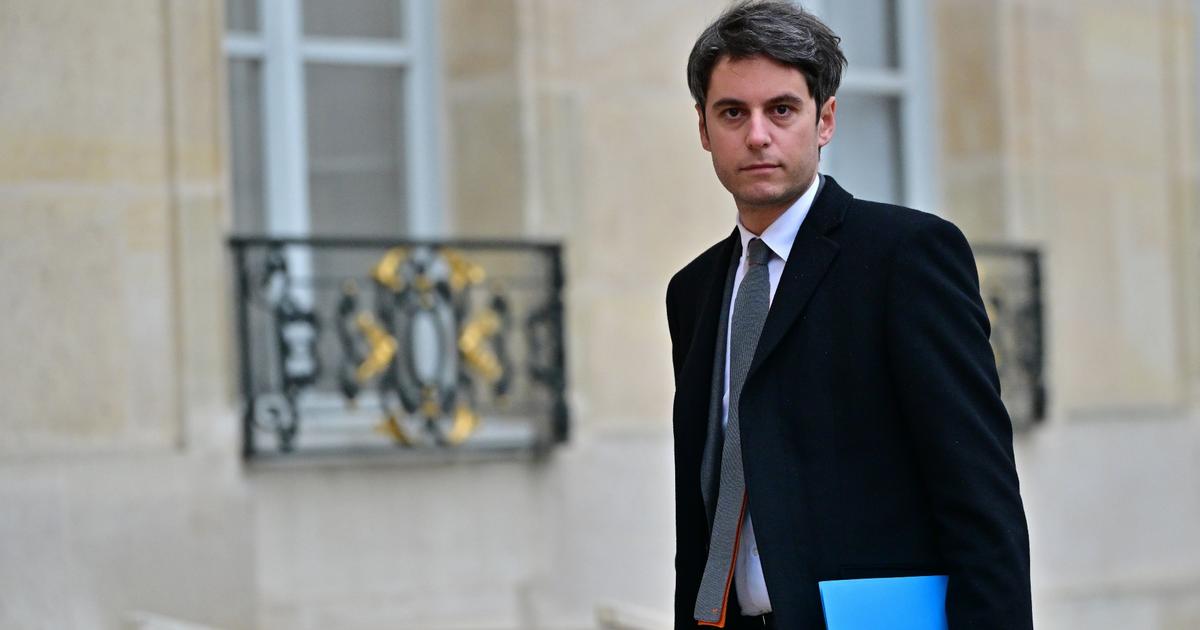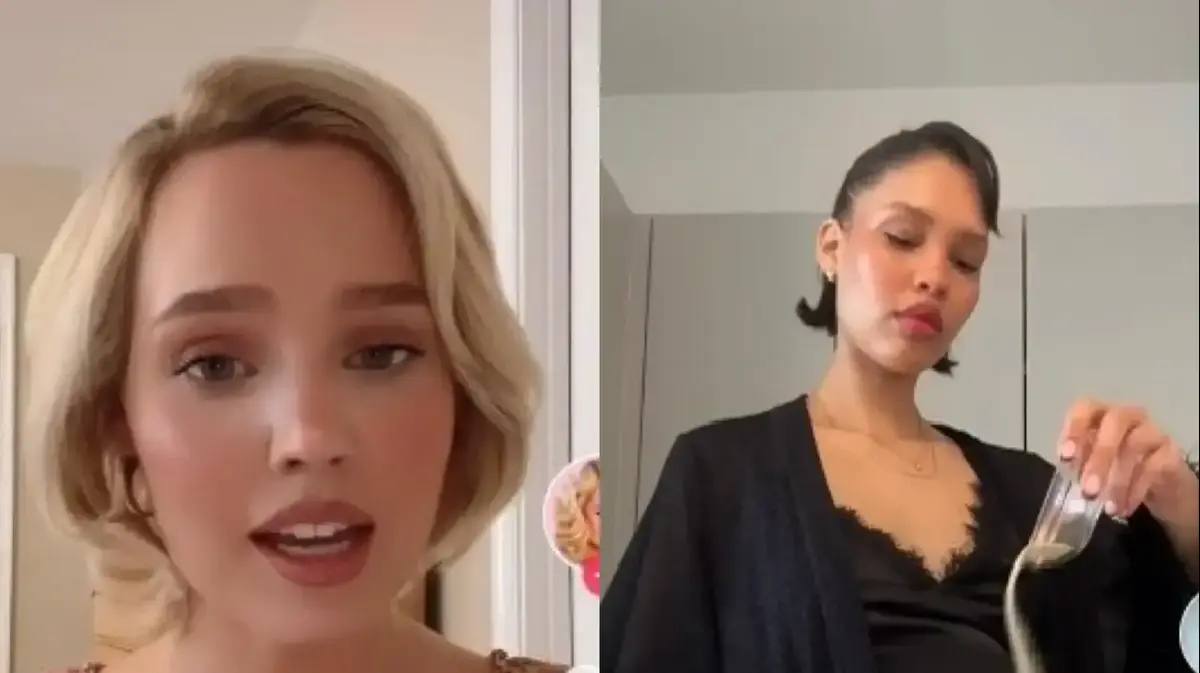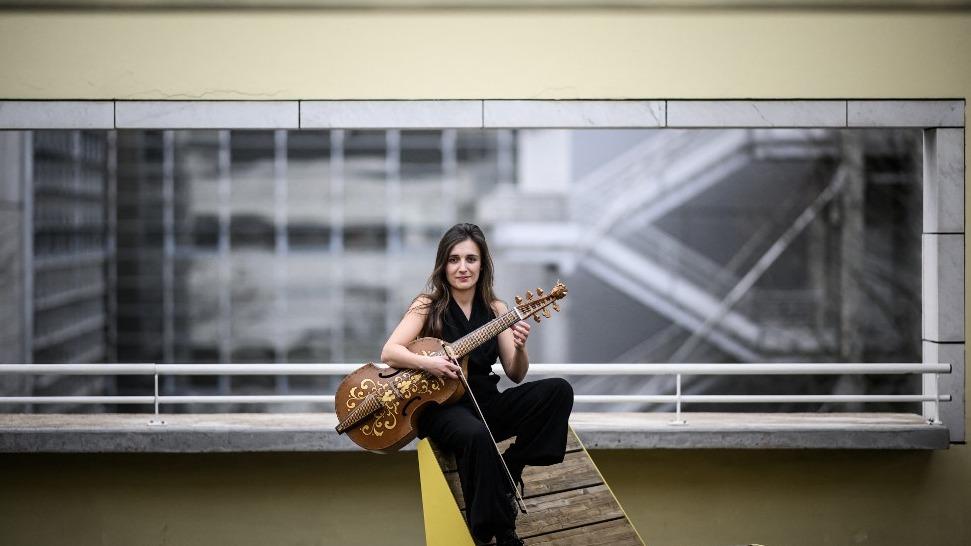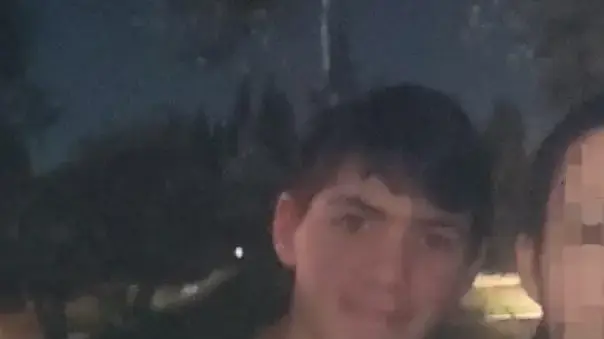Hannah Zacks lived with her family in Krakow, Poland before the outbreak of World War II.
Her father, Isaac Edward, was a chemical engineer, and with the Nazi occupation of Poland the family managed to escape thanks to forged documents and settled in Lviv.
According to the Ribbentrop-Molotov Pact, the city was transferred to Soviet control, but there they were taken into the ghetto in 1941, when the Germans occupied the area.
"We left Poland thanks to forged documents that my uncle, a well-known artist in Poland at the time, managed to organize for us," Hanna says. "We called them Aryan documents. From there, but suggested that we split up when we left because he realized that together we would not be able to escape. In 1942, thanks to the help we received, we left. A Polish woman named Victoria Dziedzic (later Victoria Szczepiec), and I was transferred to her family in the village of Kamnice Dolna, Poland. She did not tell them I was Jewish, and they kept me on guard. "It was fake, so we knew where everyone was at all times. But Dad, who was left behind, was caught in the Leviv area and executed by the Nazis."
Hannah and her brother Roman, as children in Poland,
Family member for everything
When she describes Victoria's rescue operation, something ignites in Hannah's eyes.
"She was young, about 19 or 20, I think. She worked for a relative of mine in Poland, who was a doctor. When we decided to leave occupied Poland Victoria joined us because she was ill with pneumonia and she was advised to come with us to be treated, and that's how she lived with us. When we were later taken to the ghetto, she remained in one of the nearby neighborhoods but worked in a factory inside the ghetto, and thus the connection with her was maintained.
"Victoria would pass on information, food and some money. When we decided to run away she offered to take me with her, claiming it would be difficult for her to take my brother too because he was circumcised. She led me to her mother in a village in Poland and did not tell them I was Jewish. A Pole and my parents were killed in a German bombing in Lviv. For about three years, until the end of the war, Victoria's mother treated me with devotion, and although she lived cramped with her two young sons, she showered me with love and concern.
"Victoria would come to visit me, and once she brought a photographer to the village to take a picture of me and passed the picture on to my family. I grew up there in the village, I worked on a farm. Once when I was grazing, someone from Krakow recognized me. "True, and ensured the silence of that woman with some money and soap. All these years Victoria also took care of all my family members, visited them, and so we knew from time to time that everyone was fine."
Hannah (left) with Victoria, in their youth, Photo: Hannah (left) with Victoria, in their youth
After the war, Hannah reunited with her mother, brother and grandfather Joel in his apartment in Krakow.
Victoria was already a part of their lives.
"She lived with us and worked in my grandfather's shop. When we decided to make aliyah she stayed to work in the shop. She later got married, but her husband died of a heart attack at a young age and had no children. In 1964 my mother testified in her favor to be recognized "We brought her to Israel to plant a tree in the Garden of the Righteous Among the Nations by hand named. Tree number 36 is hers. She was very excited. We kept in touch with her all the time, and she visited the country again a few years later. She died in the 1980s."
Hannah was absorbed through the youth aliyah in Kibbutz Ein Shemer and later moved with the nucleus to Kibbutz Nachshon, where she also married Dan Zacks.
The two moved to Holon, where they lived until his death in 2015. Hannah was constantly involved in education as an educational consultant, and after Dan's death she moved to sheltered housing in Tel Aviv.
To tell, and not to be afraid that they will not understand
She recently received an exciting news: Ghetto Fighters Museum staff told her that they had located documents related to her childhood and family, while living in occupied Poland.
These are mainly children's cards from the Uja organization, which dealt, among other things, with rescuing children during and after World War II.
It is a Jewish humanitarian organization that has helped hundreds of children, Jewish refugees in Europe.
It was established in 1912 as a Jewish health organization in St. Petersburg, Russia by doctors, with the aim of helping needy members of the Jewish population.
It is estimated that during World War II he saved more than 5,000 children from the threat of Nazi extermination.
Hannah's "Child Certificate" from the Holocaust, courtesy of the Ghetto Fighters' Museum
Certificate of the Righteous Among the Nations of its Savior, Victoria, courtesy of the Ghetto Fighters' Museum, Photo: Certificate of Righteous Among the Nations of its Savior, Victoria
In 1923 the center of the organization moved to Berlin, under the symbolic presidency of Albert Einstein.
In 1933, after the Nazis came to power in Germany, it was decided to transfer him again, this time to France.
The card that was located and presented to Hannah was signed in 1947, and was used at the time as a "declaration of foster care for a child."
It lists her personal details, along with details about her family.
"For example, her name at the time was" Wax Anita ", a native of Krakow with Polish citizenship, details of her late father Edward who was killed by the Nazis, and her mother and brother. Her father was murdered in the Leviv area.
The mother and her children survived thanks to a false identity as Christians, and were reunited after the war in Warsaw. "
"This card was actually a kind of identity card at the time, along with the Polish documents that allowed us to immigrate to Israel," says Hannah, whose location by the museum was made possible by the digitization of the card.
Today, the Ghetto Fighters' Museum also displays various photographs from family life in Poland.
For example, you can see a picture of the extended family with Grandma Sarah and Grandpa Joel, alongside little Anita (Hannah) and Uncle Marcus Nacht, the artist who helped obtain the forged documents and travel permits, and of course her parents and brother.
In other photos you can see little Anita next to her lifeguard, Victoria.
Hannah is a mother of three daughters and a grandmother of nine grandchildren.
About the Holocaust, she says, spoke measuredly in front of her three daughters, but over time, "I began to talk more, especially with the grandchildren who were interested. I was always in the attitude of having to tell, unlike others who did not tell. There are those who do not tell Who thought that the young people were not interested or that they would not be able to understand the difficult experiences we went through.
"I will always live with the experiences and the 'scratch', but it's really important to tell. Today, with age, I think I open up more. I remember, for example, that when the whole family reunited, I was not asked what happened to me in those years I lived with the family. Who hid me. Even my mother, brother and everyone else did not tell, perhaps out of a desire to move on and rebuild life. But for me it is very important that future generations know. I believe that whoever does not remember his past, will not understand his future. "If he had a birthday, he wanted to visit the ghetto fighters. This is very important to me."
Were we wrong?
Fixed!
If you found an error in the article, we'll be happy for you to share it with us

